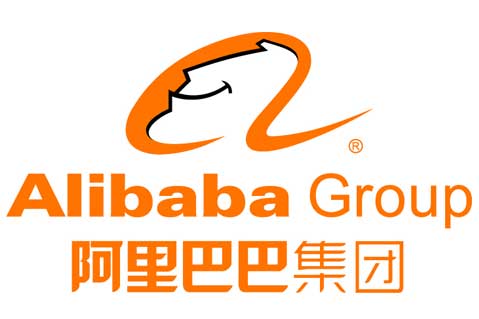News May 31, 2016
SEC Begins Investigation Into Alibaba Operations
Alibaba Group has announced that it is under investigation by United States securities regulators over the e-commerce giant’s accounting practices. The Securities and Exchange Commission (SEC) is investigating how Alibaba accounts for affiliated companies, including a logistics venture, and how it treats related-party transactions. The investigation also includes Alibaba’s handling of Singles Day, an annual event in China that the company says gave it the world record for most online sales volume in a day – $9.3 billion. The commission requested information from Alibaba on how the company reported data from that event.

Alibaba said that it was voluntarily cooperating with the commission, and that the investigation was not an indication the company had violated any law. In its filing, Alibaba said it had also provided information to the commission about its logistics arm, Cainiao, which is jointly owned by Alibaba and a number of the logistics companies that deliver the goods ordered on Alibaba’s sales platforms like Taobao and Tmall.
Alibaba holds a 47% stake in the company and a number of companies Alibaba has invested in have since worked with Cainiao. However, market analysis firm Pacific Square Research argued that Alibaba has not disclosed enough information about its large number of investments. In a report released to its clients in October, Pacific Square Research said Alibaba has used that web of investments to control companies like Cainiao without taking their losses onto its balance sheet.
The Pacific Square report also stated examples of Alibaba failing to disclose related-party transactions such as the amount of advertising spent on Chinese social media service Weibo.
In the most recent filing, Alibaba disclosed that it had spent about $230 million on Weibo marketing in the past three years and recorded losses of about $60 million over the past two years in connection to Cainiao.
Alibaba was recently suspended by an anti-counterfeiting group after several of its members complained about the company’s history of piracy-filled marketplaces. The International Anti-Counterfeiting Coalition (IACC) made the decision following a report by The Associated Press, which found the coalition’s president had several conflicts of interest when admitting Alibaba into the organization.
